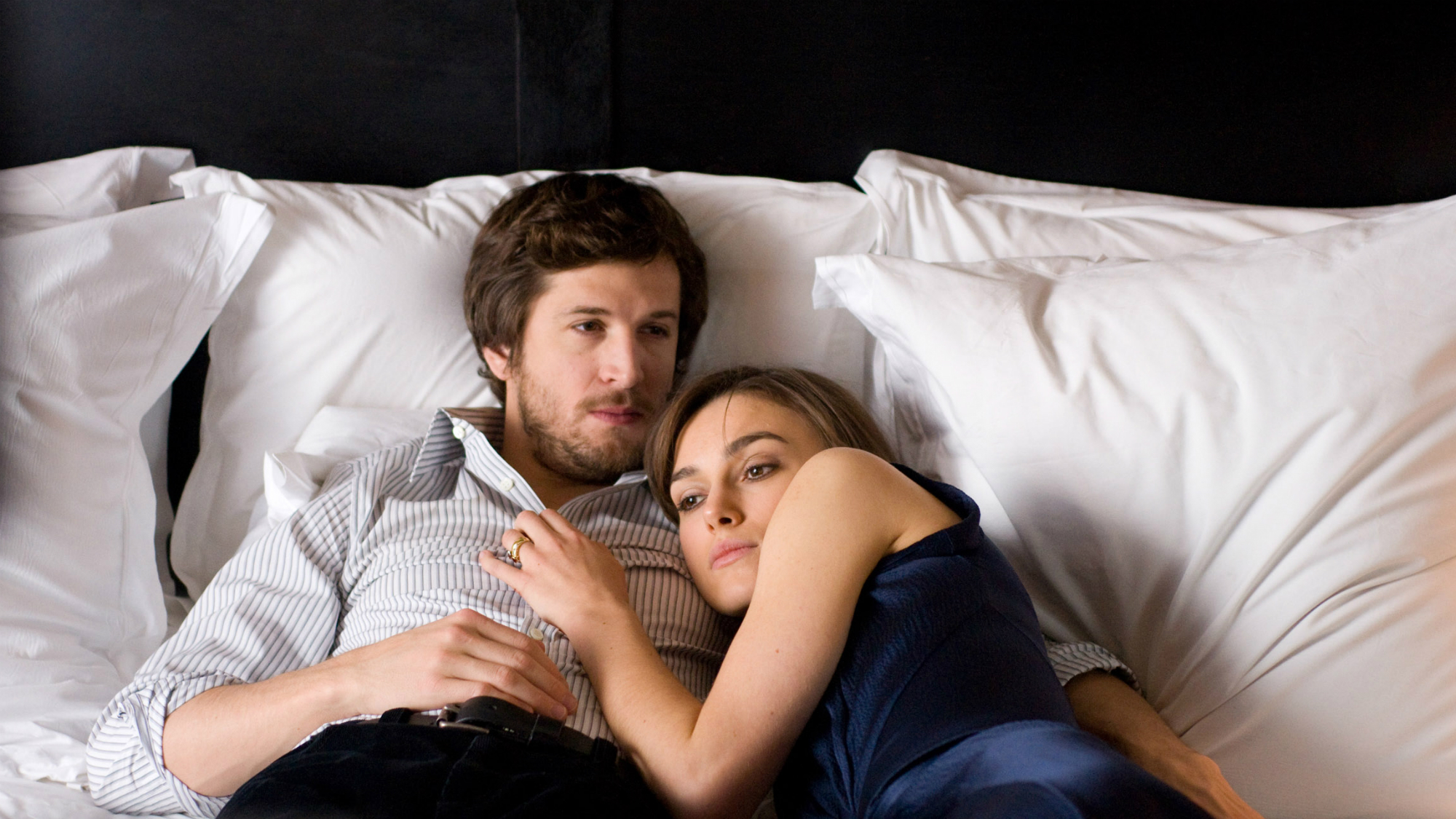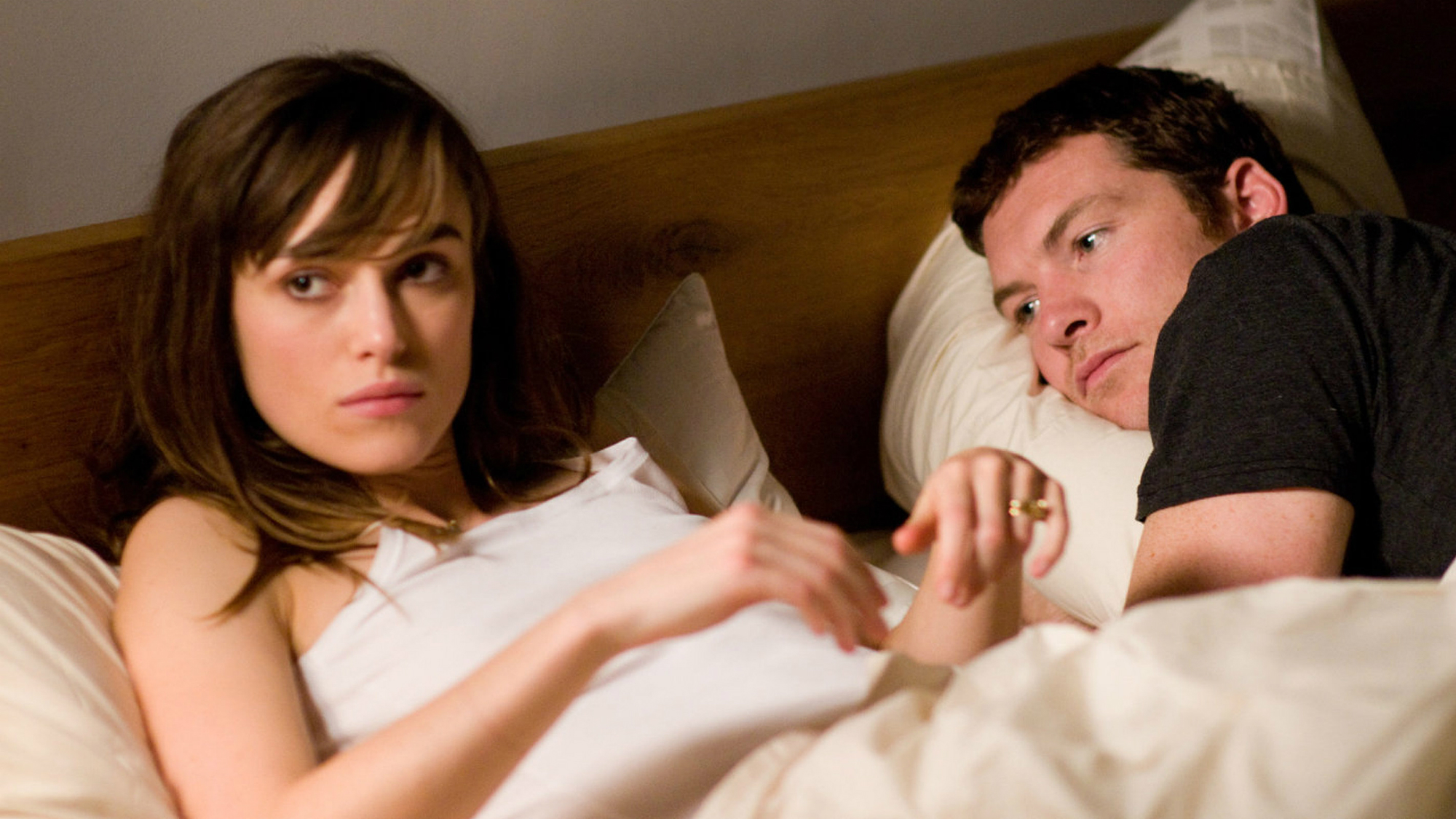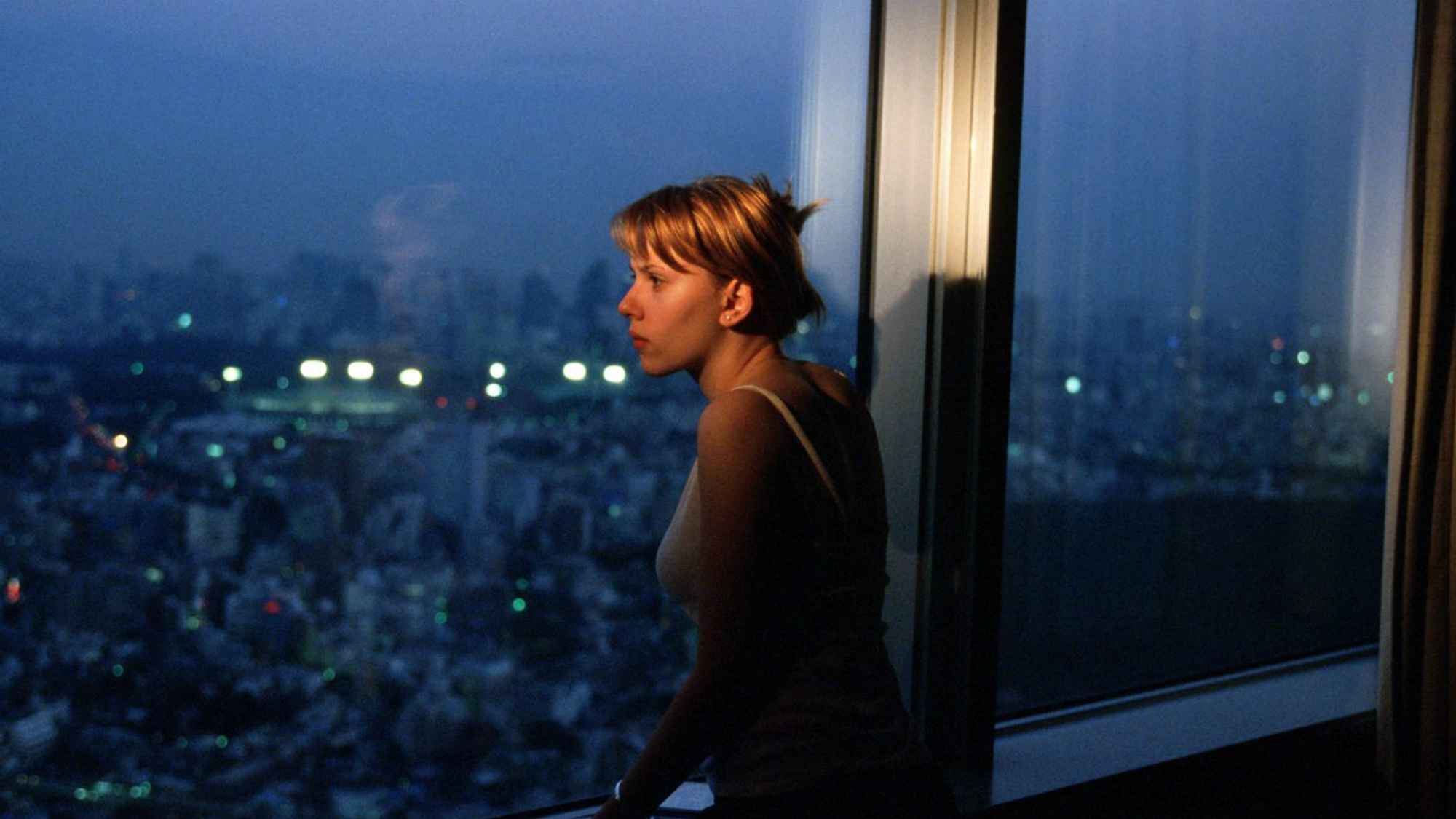‘I started suffering from debilitating night terrors aged 26’


I’ve always been a heavy sleeper, and for as long as I can remember, nothing has been able to wake me once I’ve drifted off. Fire alarms, hoovering, loud music, door knocks - you name it, I would sleep through it.
But earlier this year, I got a lot of bad news from all angles in the space of a fortnight, and as it quickly became the most stressful time of my life, I started feeling the physical symptoms - panic attacks, unexplained weight loss and pulling out my hair.
The accompanying sleeping disorder was the most disorientating however, as aged 26 I started suffering from night terrors - something I had previously only associated with children.
The first time it happened, I couldn’t compute what was going on, suddenly waking bolt upright mid-scream, feeling the most terrified I’ve ever been.
It kept happening and the panic was so real that it was impossible to imagine that it was in my head. The confusion and disorientation only made the panic worse, but generally, after a lot of water, panting, pacing, turning all of the lights on and off, sticking my head out of a window etc, I could go back to sleep.
As life started to get easier, my repetitive night terrors eased off, confirming my suspicions that it was anxiety-related. But in an effort to ensure that it never happened again, I sat down with Stephanie Romiszewski, Bensons for Beds Sleep Expert to get some further insight into the sleep disorder.

Why do we get night terrors?
'Night terrors are often characterised by scary hallucinations where the individual can scream and thrash around,' Stephanie explained. 'Night terrors happen when slow wave sleep gets interrupted in some people - they are also called "parasomnias" and are very different from nightmares which happen in a different stage of sleep. The biggest difference between them is that night terrors are not usually associated with dreaming and are not usually recalled. They are often more scary for anyone else who might be witnessing the individual having them. Night terrors can run in families and are exacerbated by sleep deprivation and irregular sleep patterns and alcohol consumption.'
Celebrity news, beauty, fashion advice, and fascinating features, delivered straight to your inbox!
What are the symptoms of night terrors?
'Someone who experiences night terrors can scream, shout and thrash around in extreme panic, and may try to "get away" by jumping out of bed and running away. Eyes will be open and they may be talking but they are not completely awake. Episodes can last from a few seconds to several minutes depending on the severity. They will usually happen in the first half of the night when the percentage of slow wave sleep is higher. It is possible to have several in a night.'
Are night terrors common among adults?
'Night terrors are common in children who tend to grow out of them without any need for intervention. They are much less common in adults, but I tend to see a fair few students with night terrors and some patients with poor sleep patterns.'
How can you stop your night terrors?
'You can't,' Stephanie tells me. 'And the likelihood is until the ending of it you won't know it's happening - let it play out and follow the preventative points above.'

What should you do if you see someone having a night terror?
'If you're witnessing someone having a night terror, you can provide assurance and behave in a caring way, but do not hold them down, try to touch them or get angry. This will only make it worse.'
How can we prevent night terrors?
'Night terrors are exacerbated by irregular sleep patterns, stress and alcohol or other stimulants,' Stephanie informed me. 'Maintaining a regular sleep opportunity is important plus waking at the same time every day. When we deviate from our natural sleep cycle because we feel we need to compensate by adding more sleep times like napping, going to bed early or worse, avoiding sleep to avoid the problem, or lying in... all make night terrors worse.
'Environmental factors can also trigger night terrors - noise, light and being uncomfortable in bed can disrupt your sleep cycles enough to trigger them,' Stephanie continued. 'Also if your partner is getting to bed later than you or snores/makes noises or fidgets, that can trigger them too.'
'Lastly other medical conditions and medications can trigger night terrors,' Stephanie concluded, 'So it's always worth talking to the GP in the first instance.'
Are some people more prone to night terrors than others?
'Those that do not have regular sleep schedules, those can consume alcohol on a regular basis, people who have anxiety based disorders.'
Are night terrors dangerous?
'Only in very severe cases can they sometimes lead to inadvertently hurting yourself or someone else whilst you try to flee and escape,' Stephanie reassures me. 'Mostly they are just inconvenient and sometimes cause embarrassment. They don't seem to be related to a specific mental health problem, but people with anxiety based illnesses are perhaps more likely because they are prone to irregular sleep patterns and disruptions that might trigger them.'
If you are concerned about your night terrors or a sleep disorder in general, contact your GP or a sleep therapist.

Jenny Proudfoot is an award-winning journalist, specialising in lifestyle, culture, entertainment, international development and politics. After working at Marie Claire UK for seven years - rising from intern to Features Editor - she is now a freelance contributor to the News and Features section.
In 2021, Jenny was named as a winner on the PPA's '30 under 30' list, and was also listed as a rising star in journalism.